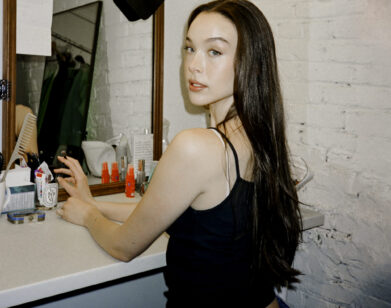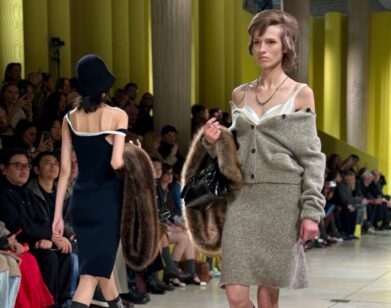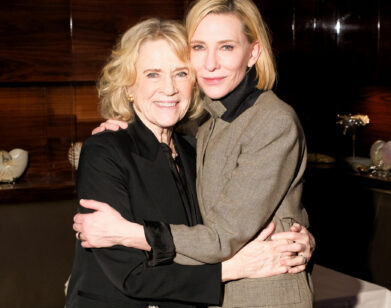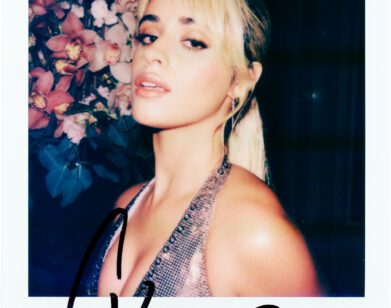Mrs. America’s Kayli Carter Virtually Hugs Kathryn Hahn for Half an Hour
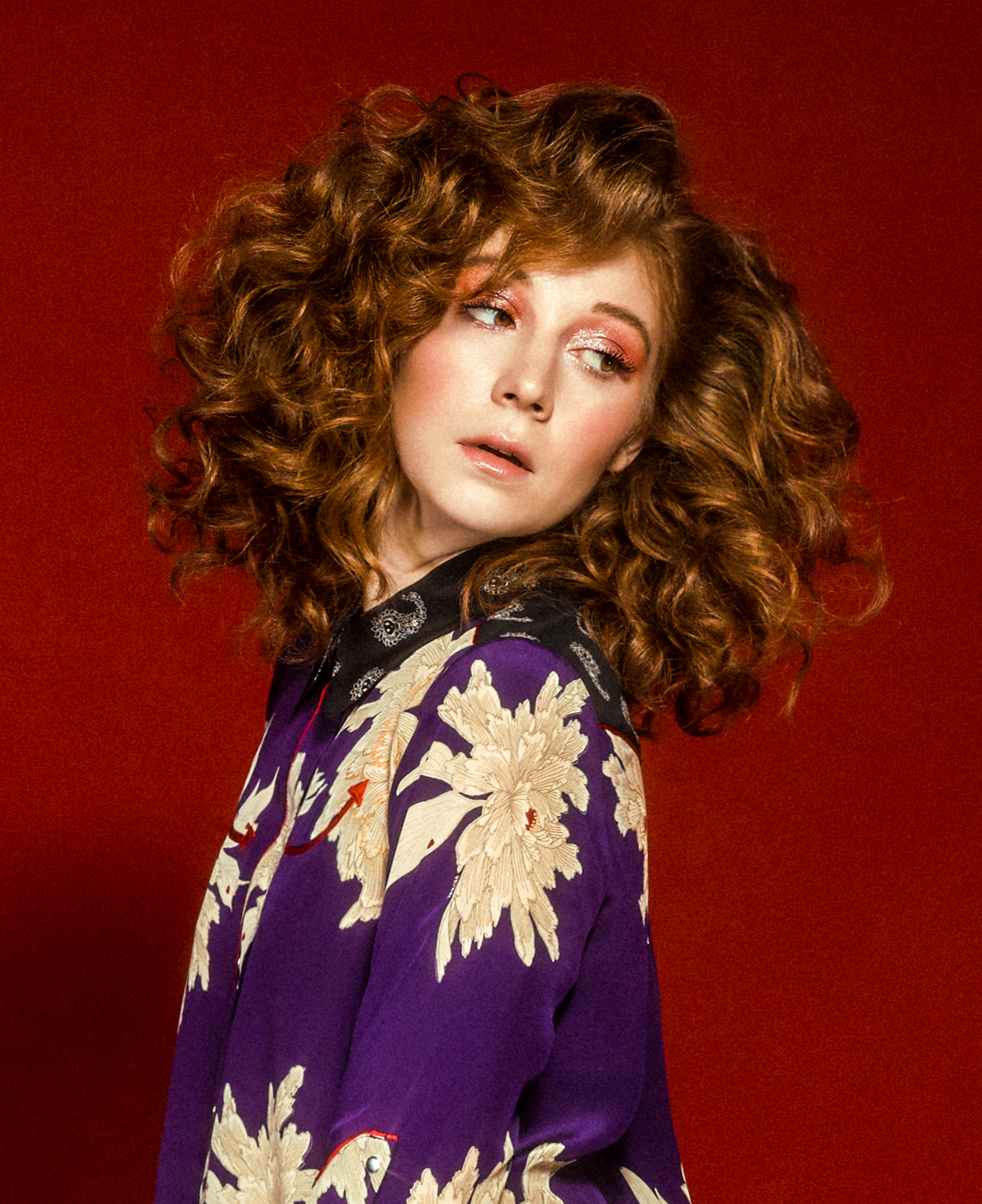
“They say that women are like teabags. You don’t know their strength until they get into hot water.” This is a quote from the new FX on Hulu series Mrs. America, about the fight to ratify the Equal Rights Amendment in the 1970s, and the women who led it. But the quote doesn’t come from Gloria Steinem, who is masterfully depicted by Rose Byrne, in all her breathy murmurs and aviator-shielded glamour. Or Shirley Chisholm (Uzo Aduba), the first African-American woman elected to Congress whose unbridled determination lead her to a presidential bid in 1972. No, the line is delivered by Cate Blanchett as Phyllis Schlafly, the steely, pearl-clutching firebrand who stoked the movement of women determined to stop the ratification of the ERA. Throughout the nine-episode miniseries, which spans the decade, Schlafly continually dips herself into hot water—lobbying Congress, debating Betty Friedan (Tracey Ullman), and outshining her lawyer husband (John Slattery) in her quest to bring Ronald Reagan to the White House through her army of bread-baking housewives. The series is a nuanced look at one of the 20th century’s most contentious political battles, and offers rare insight into the tortured irony of the anti-feminist feminist (and all the zingers that come with it).
Among Schlafly’s anti-ERA militia, there’s Alice (Sarah Paulson), a mousy suburbanite with a talent for sourdough, and Kayli Carter’s Pamela, a young woman overwhelmed by the burdens of pregnancy and the ideals of motherhood. Carter brings empathy to a character that bleeds hypocrisy, one that would be despised by a young Brooklynite with a background in theater—in other words, a woman like Kayli Carter. But that’s also perhaps the show’s greatest pleasure—to see the curtain peeled back on women whose mission is to take down other women, thus violating the cardinal rule of feminism (and Carter’s mother). It’s something that could, ironically, only be pulled off by a group of women at the top of their game.
To honor Carter’s passion, which is “talking about ladies and ladies talking about ladies all day long,” the actor caught up with one of her favorite ladies, Kathryn Hahn, her co-star in 2018’s Private Life, to talk about some of the other ladies who rounded out the cast of characters in Mrs. America. That, and why trying to bring back the ruched collar is never a good idea. —SARAH NECHAMKIN
———
KATHRYN HAHN: Hi, honey. How are you holding up?
KAYLI CARTER: Doing the best I can. I’m baking a lot and trying not to crawl up the walls.
HAHN: A lot of baking over here, too. And homeschooling. We set up a dog agility set in our living room, which is hilarious. So one of my kids is trying to train our dogs and the other is in school. It’s just the weirdest, most upside-down time.
CARTER: It’s like, “What am I going to do today? Close to the same thing I did yesterday.”
HAHN: I was up until two in the morning binge-watching your show last night.
CARTER: Oh, that’s good to hear.
HAHN: I couldn’t stop. It’s such gorgeous material and such a powerhouse cast. I cannot wait for the whole planet to see it.
CARTER: That means so much coming from you. You’ve got such great taste, so we must be on to something.
HAHN: Oh, you goddamn stud. I’m so flattered that you asked me to do this.
CARTER: There’s no one I’d rather spend 30 minutes talking to. I mean, I’d talk to you all day. We got so few opportunities to get together in the last year.
HAHN: It’s crazy to think about the project that we did together [Private Life], walking the streets of that city. Tell me how this project came about for you.
CARTER: I went in originally for the part that Ari Graynor plays as [feminist activist and former ACLU attorney] Brenda Feigen Fasteau. So my first introduction to the show was through her material. I was like, “Wow, the writing on this is beautiful.” After I auditioned, I didn’t hear much for a while, then saw that Ari was announced for the role. They asked me to audition for the role of a pregnant young housewife. So, I was like, “Yeah, then I’ll probably get it. People love trying to knock me up and stuff.” If they’re trying to put a baby in this woman’s arms, it’s likely I’ll get it. But I just knew that I needed to be a part of any project about the Equal Rights Amendment. There’s nothing I’m more passionate about than talking about ladies and ladies talking about ladies all day long.
HAHN: It’s wild that the Equal Rights Amendment is still being ratified in some states. There are so many unsung heroes in this fight that I’m excited for young women to see. Uzo Aduba, for example, was so phenomenal as Shirley Chisholm.
CARTER: Isn’t she incredible?
HAHN: Incredible. And that’s a story that I was so excited to see being told. And of course, Cate Blanchett is just a hero of mine forever. My mind was playing acrobatics the whole time I was watching it.
CARTER: Cate has long been a hero of mine, too, so that first day was just about trying not to freak out, because she is just a force. On the very first day, she did one of her podium scenes where she’s giving a speech to a full room of people. It was so hot out, but she was so poised. She was making off-the-cuff jokes for the extras. Everyone was in love. She was also an executive producer, so in addition to making sure that her character was solid, she was keeping an eye on the entire arc of the story. It was really magical to watch her be a woman in power on set.
HAHN: What was it like to play a woman opposing the ERA? It was so interesting to watch your performance and to try to put myself in that point of view.
CARTER: It felt like a trapeze. It was really an exercise to remember that these women were operating out of a human need to feel seen. Pamela, for example, hasn’t really gotten to know herself as a human before becoming a wife and mother. These roles are tacked on to her identity before she even has one. So it makes sense that these are the women she’s looking to. In Pamela’s mind, Phyllis Schlafly is the most incredible mother and wife, and on top of it, she’s Harvard-educated. That’s the shiny cloak that’s all over the Schlaflys.
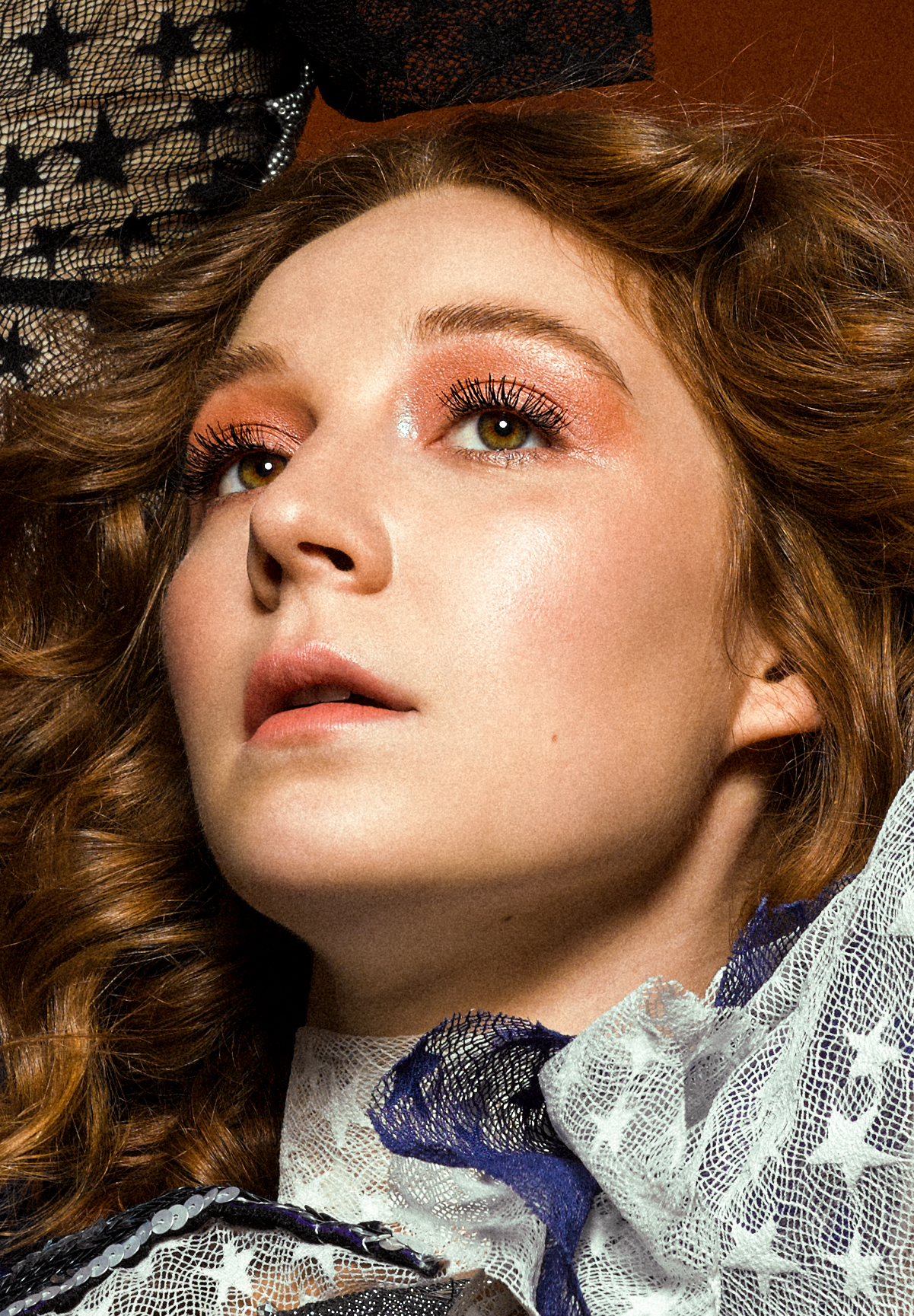
HAHN: Yes, you can absolutely see why she would be such an inspiration. That’s the tragedy of it—as a viewer, you start to get a sense of the gilded cage, and you see the claustrophobia. That’s the irony—you see it closing in on them. They cannot see what they’re fighting against. You got to work with the amazing Sarah Paulson, as well. Your chemistry together was just so gorgeous. What a love story between you two.
CARTER: Oh, thank you. We weren’t expecting that dynamic, because the scripts were still being written as we were working. So Sarah and my chemistry was pretty pivotal for the writers in creating that relationship for our characters. We had a good time. On the first day, we were already singing Indigo Girls very loudly in between takes.
HAHN: She is a national treasure. I want to pivot to you and your extraordinary career, which I was able to be a part of in the very beginning. You were young when we met on Private Life. You’ve always had such a grounded-ness to yourself as a human, and such a steadfastness and a clarity of purpose from when the time I met you. Tamara Jenkins directed that film, which I think you know.
CARTER: I’ve heard of her. I’m staring at the poster on my wall at the moment.
HAHN: I have her poster, too. Oh god, I love it. It’s the only film poster I have hanging in my house, by the way.
CARTER: It’s so beautiful.
HAHN: Anyway, I remember someone backed out of that part that you ended up taking, and Tamara couldn’t find anyone. She said, “I wish I could find some theater actors under a rock somewhere.” And then the amazing casting director, Jeanne McCarthy, found this actress, and out comes Kayli Carter. And of course, it wasn’t a theater actress under a rock. She had done this play with Mark Rylance in the West End. And this story became this incredible lore of Kayli Carter’s discovery. It was like the film became a perfect three-legged stool. The thing was just perfectly balanced. There was no one else that could have possibly played this part.
CARTER: I’ve been very spoiled with who I’ve gotten to work with. You and Paul [Giamatti] are an incredible yardstick—if they’re not the quality of actors and people that those two are, then I don’t know what I’m going to gain from that experience.
HAHN: Oh, nugget.
CARTER: I really feel that way. I’ve found, as an actor and writer, that I am a very collaborative person. When the writer of a film is also the director, you get to collaborate with them more. And that’s the part that I get the goosebumps from—getting to create something that wasn’t there before, with another person. That’s the alchemy that I think is so special, and we had that on Private Life.
HAHN: I know exactly what you mean. And it seems like the projects that you’re gravitating towards also have that kind of ensemble spirit. There are a lot of ensembles of women in the projects you’re part of. Even the Tracy Letts play that you did [Mary Page Marlowe].
CARTER: When I was growing up, there was a lot of Lilith Fair on in the car. It was a rule of my mother’s that I couldn’t be petty to other women, that I was not in competition with other women.
HAHN: Amen.
CARTER: It’s a consistent choice. What remains so important to me every time that I read a script—if I don’t see the women I know in the world represented, I just don’t know how to play it. There are certain types of women who I read that I don’t recognize, and I wouldn’t know how to find my way into them, I think.
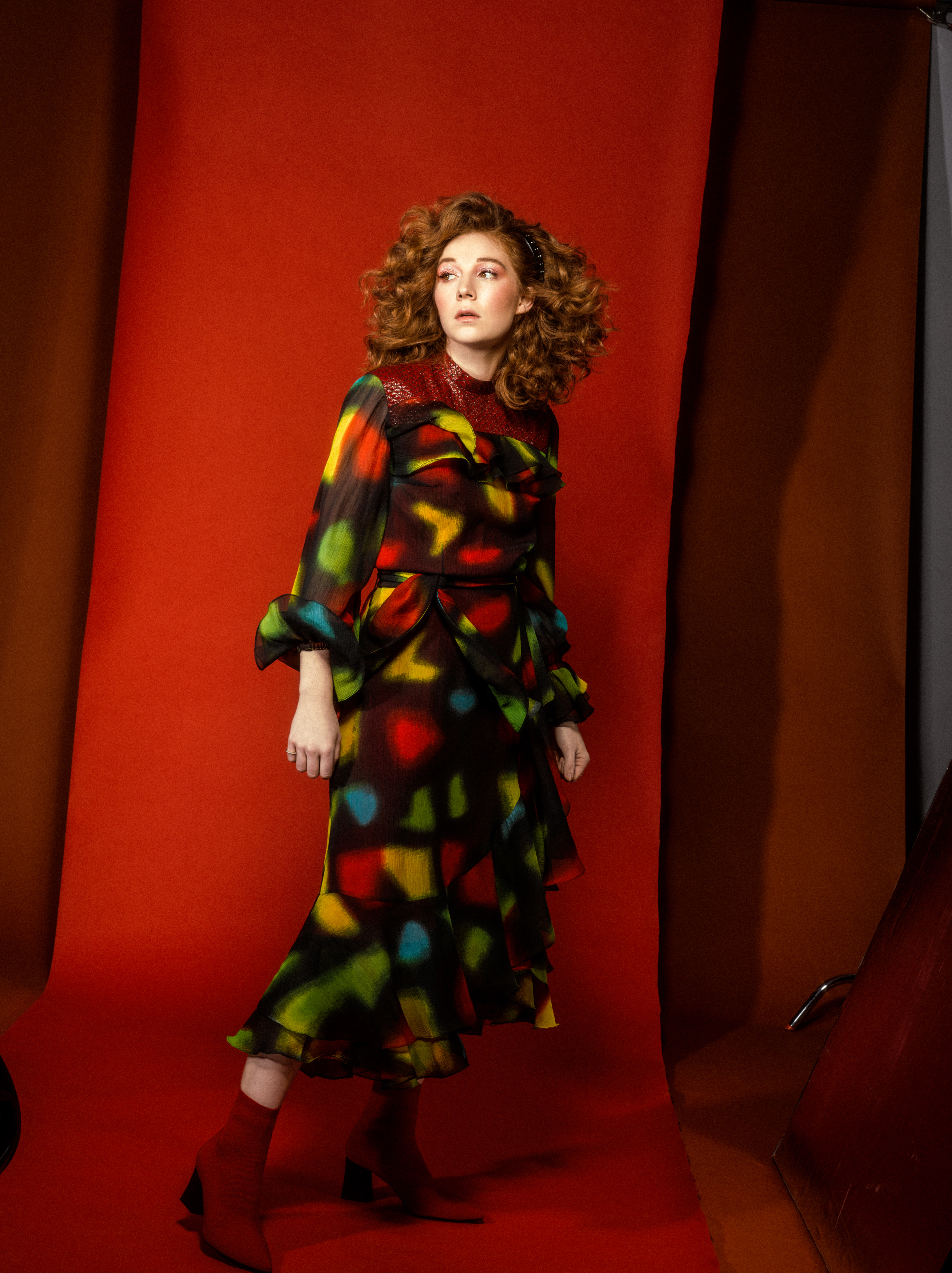
HAHN: When you’re reading a script, what hooks you and how? What is your barometer?
CARTER: I think it’s partially related to speed. My partner jokes that my superpower is that I can read unbelievably fast. I read very quickly and I read a lot. So if I’m not getting through a script in one sitting, I’m probably not interested. It’s like going back and trying to make a piece of clothing fit that doesn’t.
HAHN: Right. Or being like, one day, “You know what? I could totally pull off a ruched collar. I’m going to make it work. I’m going to bring the ruched collar back.” And then it’s just like, “No, it’s just not your body type.” My mom used to say when I was a kid, “If you’re in doubt, don’t.” Which is always such good thing to remember. Now whenever I get any inkling of doubt, I’m like, “Goddamn it.” I just got to listen to that. Simple, simple advice.
CARTER: Always.
HAHN: What in the world do you have next? Bad Education with Allison Janney and Hugh Jackman, right? Those are amazing humans.
CARTER: Yes. Cory Finley is a very smart director and it was my very first time shooting anything on film. It was the closest I ever felt to being onstage. The stakes feel so high when you’re watching them load a camera with film. It feels like a limited race horse.
HAHN: It’s a beautiful sound.
CARTER: Oh, it’s such a great sound. And then, Allison is a masterclass, every second of her.
HAHN: Oh, every second. And you are a masterclass yourself, my friend.
CARTER: I’m just quietly feeding off all of you.
HAHN: It was such a pleasure to virtually hug you for a half an hour. I just love you much, muchly.
CARTER: I love you much.

